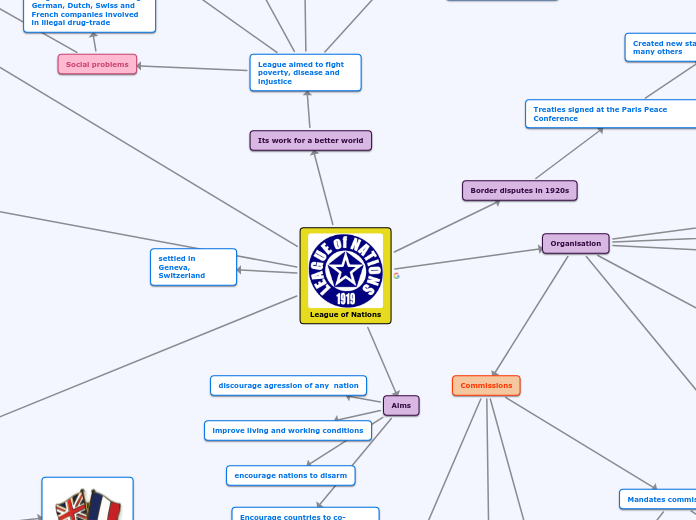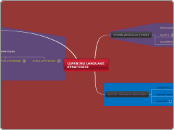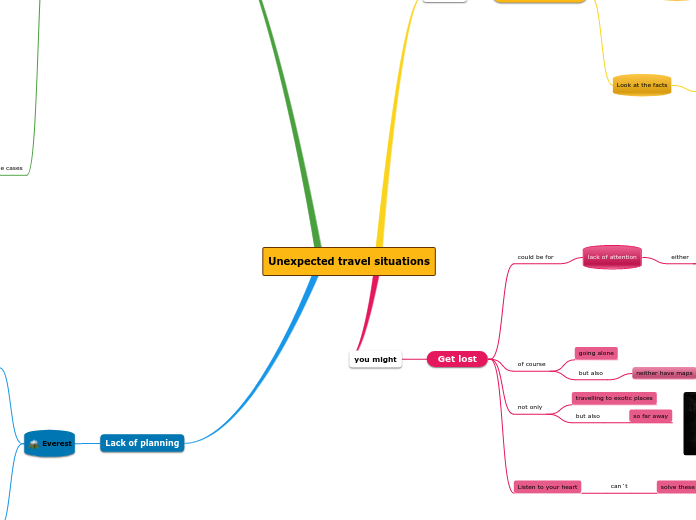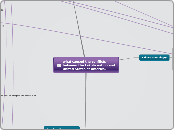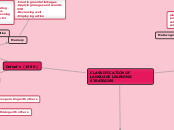League of Nations
Its work for a better world
League aimed to fight poverty, disease and injustice
Social problems
it organised raids against slave owners
League blacklisted four large German, Dutch, Swiss and French companies involved in illegal drug-trade
Health
Health Committee was one of the most successful of the organisations
Transport
League made recommendaions on marking shiping lanes and produced internationaal highway code
working conditions
The ILO was successful in banning poisonous white lead from paint
reduced hours of work for small children
Refugees
it did a huge work in getting them back to their homes
Nansen Passport make much easier for them to travel across borders
Border disputes in 1920s
Treaties signed at the Paris Peace Conference
Created new states and changed borders of many others
Led to disputes
Geneva protocol
Election in Britain
New conservative government
Refused to sign it
Its aim was to strengthen the League
Finally weakened it
If two members were in dispute they'd have to ask the League
to solve the disagreement
Council's decision had to be respected
By France and Britain
Drawn up in 1924
Upper Silesia
In 1920 Silesians voted on which country they wished to join
Rural area
voted for Poland
Industrial area
voted for Germany
The League divided the territory along these lines
Both countries accepted the decision
Industrial region on the border between
Germany
Poland
1921
Bulgaria
Seen as a major sucess for the League
Greek troops invaded Bulgaria
Sent instructions to its army
Bulgaria appealed to the League for help
Observers were sent
Judged in favour of bulgarians
The greeks obeyed but complained for difference of punishments among countries
Greece had to pay compensations
1925
Corfu
Island between Greece and Albania
The Conference of Ambassadors was given this job
They sent an Italian general to supervise
Tellini
on 27th of August he was asesinated
Mussolini was furious
On 31th of August
He bombarded Corfu
Mussolini's actions were condemned
Pay compensation to Greece
Only and if Tellini's killers were found
Money held by the League
He accepted the League's decision but got to work secretly in the Conference of Ambassadors
He changed the League's ruling
There was much anger among the League
FAILURE
Greece had to pay/apologize directly to Italy
Appealed to the League for help
Asked for payment and compensation and execution of murderers
Blamed the greek goverment for the murder
Italian leader
On the Greek side
1923
Aaland Islands
They appealed to the League
After analysing the issue
Said the islands should go to Finland
Sweden accepted the League's decision
Triumph of the League
War was avoided
Between Sweden and Finland
Both countries were willing to fight for them
Poland and Lithuania
Poland took control of Vilna (capital of Lithuania)
France or Britain did not act against Poland
Lithuania appealed for help to the League
Poland was the aggressor
The League did nothing
Poland kept the territory
Failure of the League
It did not withdraw
1920
League's job to solve them
Organisation
Commissions
Health Commitee
collected statistics about health issues
1WW brought a rapid development of medicine
attempted to deal with the problem of dangeroues diseases
and educate people about health and sanitation
Slavery Commissions
worked to abolish slavery all around the world
Particular issue in East Africa where many workers were treated as slaves
Refugees Commitee
The 1WW led to many refugees who had fled from conflict areas
League appointed Fridtjft Nansen to help them
find countries to work
return to their homes
Mandates commissions
Aim was to make sure the leaders acted according to the mandate's interests
and took care of other group minorities
1WW led to many former colonis of Germany
her allies ended up as the League of Nations mandates ruled by Britain and France
International Labour Organisation
its aim was to improve working condiditons all through the world
for this it collected statistics and information bout them
brought together employers, goverments and worker's representatives once a year
Permanent Court of International Justice
if asked it could made decisions upon border disputes
based at Haugue, court in Netherlands
made up from judges of the different members
gave legal advice to Council and Assembly
had a key role on the the League's work on seting disputes peacefully
Scretatriat
sort of civil service
were everything that was written was kept
prepared reports for different agencies
kept records of the League meetings
Assembly
decisions unanimous
vote on
budget of the League
apointed temporary members to the Council
admitting new memebers
recommend action to the country
the League's parliament
The Council
main idea was that if any problem arose the members
brought the problem to the Council to be sorted out
if this didn't work
Moral condemnation
they could decide which country was guilty and condenm it
Econocmic and financial sanctions
members could refuse to trade with the agressor
Military Forces
armed forces of the members could be used against the agressor
temporary members
elected by the Assembly
Permanent members
had the right or Veto
in 1920
Italy
Japan
France
Britain
smaller group than the Assembly
mt 5 or more times a year
Mermbership
Britain and France were the most powerful
The League was a real problem for them
had other prioroties
France main concern was Germany
it was worried that the League without its own army was too weak to protect it
British politicians were interested on
looing after their empire
rebuilding the British trade
both weakened by the 1WW
didn't have the resources to fill the gap left by the USA
felt that USA was the only country which could make the League work
guided policy from 1920 to 1930
every action needed their support
settled in Geneva, Switzerland
Aims
improve living and working conditions
encourage nations to disarm
Encourage countries to co-operate(business and trade)
discourage agression of any nation
Body blown to the League
USA needed aproval of American Parliament in 1919
Critics of Wilson's plans put up opposition to the League
1919 congress voted, Wilson was defeated
Republicans
they WON
so when the League opened for business in 1920
American chair was empty
this was a personal rebuff to Wilson and a body blown to the League
the USA never joined
slogan "Return to normalcy"
wanted Amercia to be isolationist
follow its own policy
not get involved in inernational alliance
leader Warren Harding
Democrats didn't give up
1920 Wilson was ill
successor made the League a major part of its campaign
threatened people with the idea of having another war
idea of it not popular at all
People thought that Britain and France would call USA to defend their empires
many Americans were Anti- empires
If League impossed sanctions (stop trading with a country)
Amercan business and trade most affected
others feared that the USA would sent soldiers all around the world
supposed to
Enforce Treaty of Versailles
Americans with German ancestors hated it
Birth
France (Clemenceau)
strong League with its own army
British leaders (Lloyd George)
simple organisation for emergencies
President Wilson (USA)
Hope
That citizens of all countries would be so much against war
that this would prevent leaders to go on it
World parliament
won
1919 hopes were high that the League with the USA as a leader would be a powerful peacemaker
The plans were
Member countries promised to protect each other if invaded
Problems and disputes would be taken to the League
Countries had to accept the decisions made
Major nations would join the League
After FWW
People agreed on having a League of Nations
Organisation to solve international problems (avoid war)
